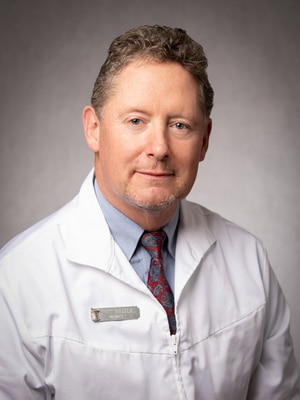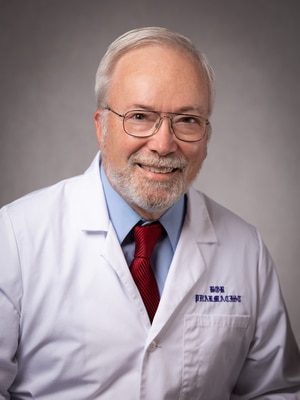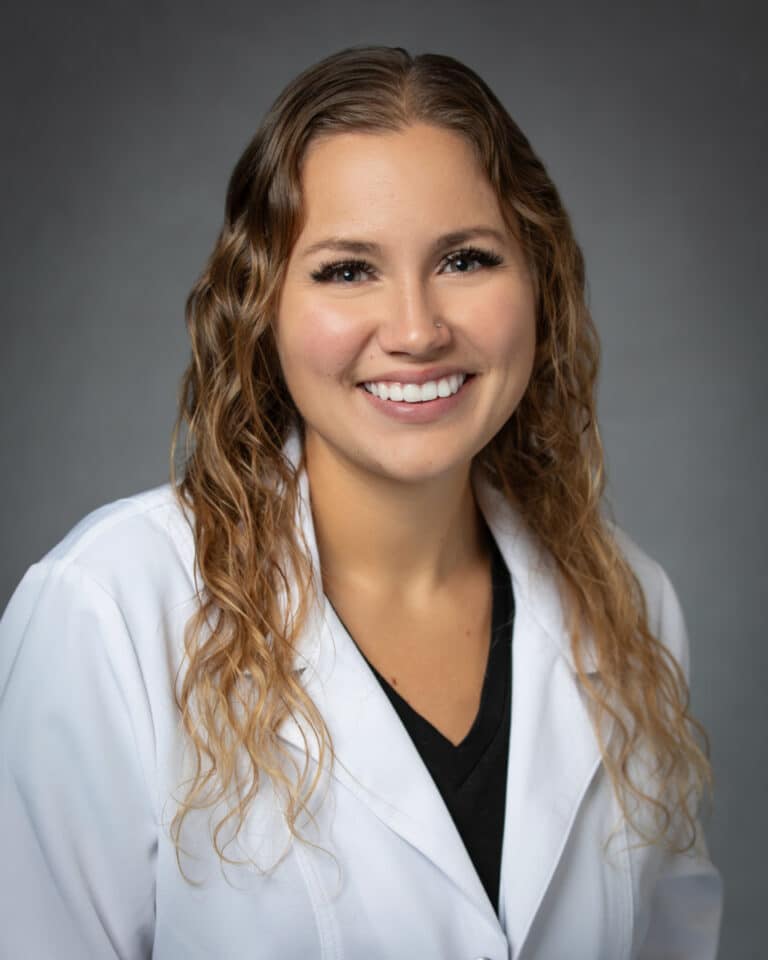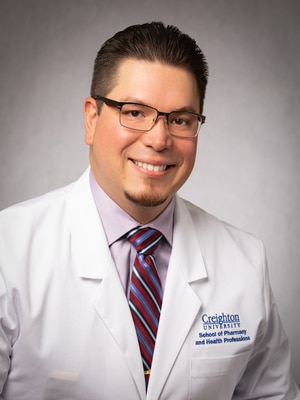For the past year or more, public interest in a group of medications called GLP-1 agonists or “Glucagon-like Peptide-1 agonists” has reached an incredible level. Discussions about Semaglutide (brand names Ozempic®, Wegovy® and Rybelsus®) and Tirzepatide (brand names Mounjaro® and Zepbound®) continue to circulate between family members and friends but also on TV, social media, and almost every other information exchange medium that exists. Many patients have experienced significant weight loss while taking these medications, making them desirable for many patient populations. The manufacturers of the brand name products listed above have not been able to keep pace with public demand, landing both Semaglutide and Tirzepatide on the FDA’s drug shortage list. When a drug product exists on the FDA’s drug shortage list, FDA guidance documents and verbiage from the Food, Drug and Cosmetic Act allow compounding pharmacies to create “copies” of a back-ordered product until that product is no longer on the shortage list.
This temporary drug shortage has created a treatment gap for thousands of patients nationwide. In an attempt to help fill that gap, compounding pharmacies from coast to coast have been making legal compounded copies of Semaglutide and Tirzepatide drug products that are either identical to the commercial versions of the drugs or similar to the commercial versions of the drugs with slight modifications like different strengths or slightly different ingredients.
The spike in production of compounded copies of Semaglutide and Tirzepatide drug products has shifted the media’s attention toward compounding pharmacies. Compounders have received tons of press, most of it negative, surrounding compounded GLP-1 Agonists over the past year. Some articles raise valid concerns about product quality and safety but many articles are grossly misinformed about the legality of compounding drugs on the FDA’s drug shortage list and misinformed about compounding in general. Knowing that it is sometimes difficult for patients to find high quality information on the internet, the following bullet points are provided for information purposes for patients who are interested in or considering starting therapy with compounded Semaglutide or Tirzepatide:
- Section 503A of the Food, Drug and Cosmetic Act as well as a guidance document published by the FDA titled: “Compounded Drug Products That Are Essentially Copies of a Commercially Available Drug Product Under Section 503A of the Federal Food, Drug and Cosmetic Act,” clearly define the circumstances that allow compounding pharmacies to compound Semaglutide and Tirzepatide due to their status as drugs on the FDA’s Drug Shortage List.
- The FDA does not consider a drug product to be “commercially available” if it exists on the FDA’s Drug Shortage List
- Semaglutide and Tirzepatide “base” (not their salt forms) exist on the FDA drug shortage list, therefore compounding pharmacies should not use Semaglutide or Tirzepatide “salt forms” for compounding
- Provisions of the FD&C act describe that when compounders use bulk powdered active pharmaceutical ingredients, they must source them from FDA registered establishments therefore compounding pharmacies must verify a supplier’s status as an FDA registered establishment when making a purchase of bulk Semaglutide or Tirzepatide
- Many suppliers of bulk pharmaceutical ingredients obtain additional certifications (beyond what is required by the FDA) such as the National Association of Boards of Pharmacy’s Drug Distributor Accreditation. Compounders should strongly consider doing business with suppliers who go above and beyond what the FDA requires to ensure the highest quality pharmaceutical powders are sourced for compounding.
- Patients should always confirm that their compounding pharmacy of choice is testing their injectable products for sterility, potency and endotoxin. These tests, especially sterility, are vital to ensuring a safe product is dispensed.
In times of drug shortages, compounding pharmacies will always aim to fulfill gaps in our healthcare system at large by increasing patient access to back-ordered medications. However, patients must be selective and do their due diligence when dealing with compounding pharmacies, especially ones that offer their services exclusively online. Economics always plays into a patient’s healthcare decisions but whenever possible, patients should choose a reputable pharmacy that they trust over an online pharmacy offering the lowest possible price.


















